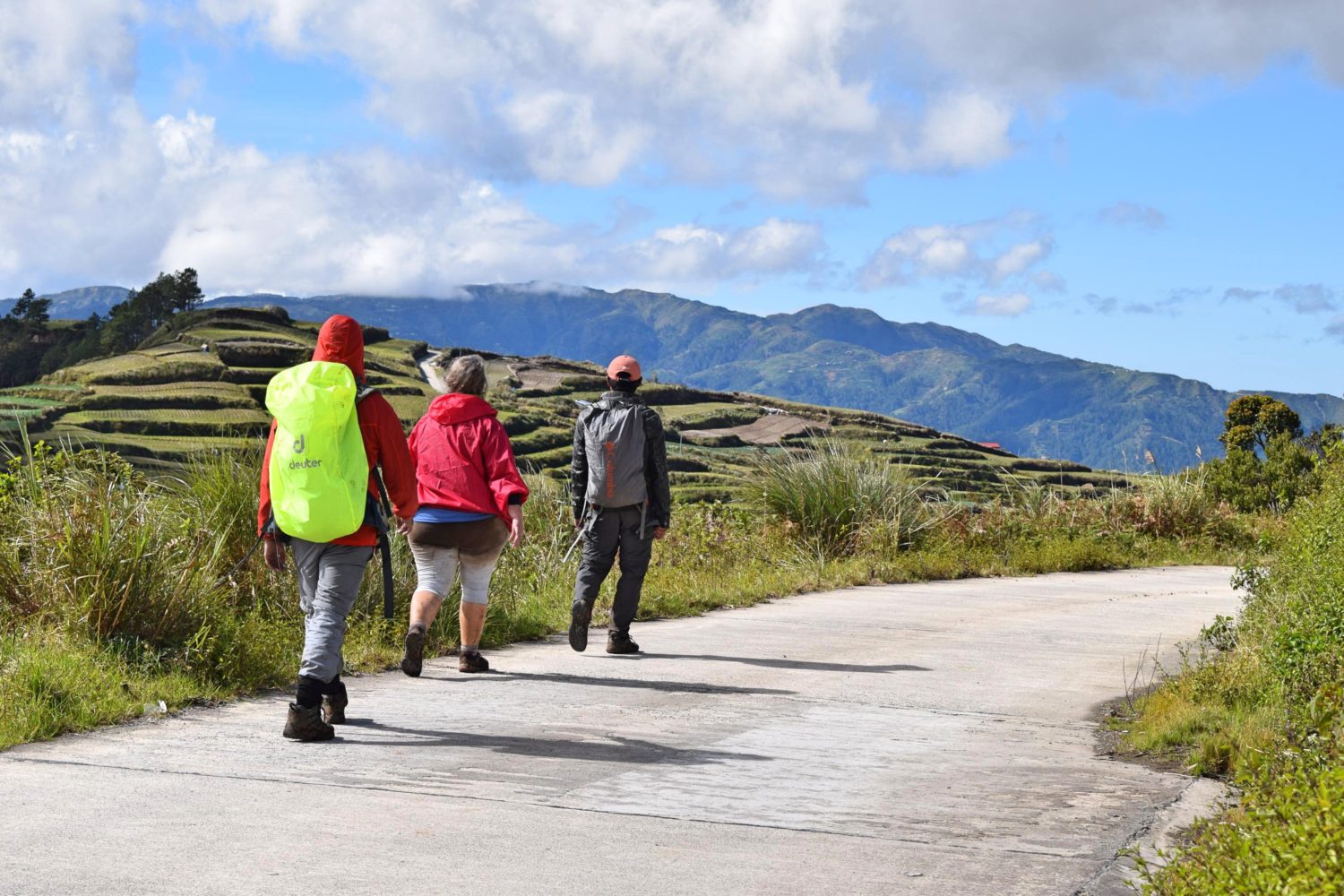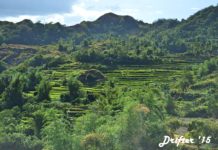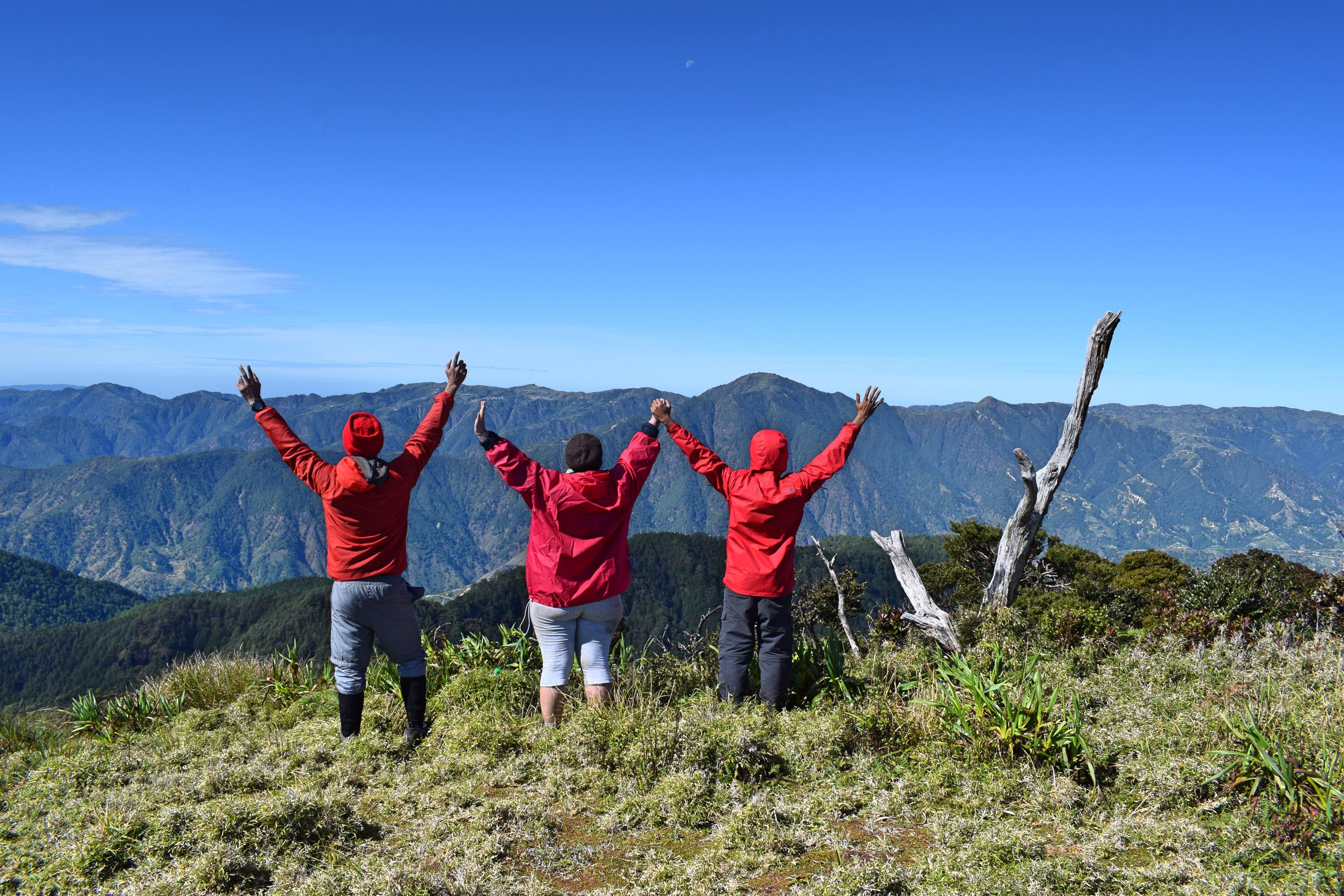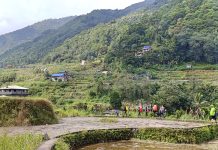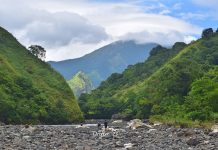A lot of people want to be in the mountains but are afraid for several reasons. Many of my friends had expressed their desires of going to the mountains and enjoy nature at its best but still bugged with concerns as to how will they survive. In my 10 years of mountaineering, I had been exposed to several mountains which gave me an incredible experience and taught me some experiential skills. I wrote this to help people wanting to try the different forms of recreation, mountaineering. Don’t just go up there, read this first.
Nowadays, especially the new generations were so boastful of their first ascent. Filling their Instagram, Twitter, and other forms of social media with their photos on the trails or at the summit. How I wish there’s no reception in the mountains but most have. However, it is not the usual case especially when you embark on this journey in a harsh weather condition. Weather is an uncontrollable and non-modifiable factor when climbing. One will either go or postpone it. I always have this weird feeling every time I go up and scale one of those peaks. By regularly checking the weather, preparing my gears, my body and most importantly my mind.
Recently, I had a friend who wants to join us in our future climb but is worried about him being a liability to the group. I encouraged him to have a proper mind setting and preparation. In that case, he will surely tackle the worst weather condition we may encounter. I persuaded him and finally signed-up. So a few days after, I decided to write this article. Some basics when you go up with the mountains.
Mind setting. This is the most important skill you should develop. You’ll be needing this before and during your climb. We have this quote from a famous American self-help author Oliver Napoleon Hill saying, “Whatever the mind can conceive and believe, the mind can achieve”. Our mind is so powerful that it can turn negative to positive. Tell yourself that you will climb, prepare, and you will make it. Ignore negativities.
Gear Preparation. Benjamin Franklin’s famous quote “By failing to prepare, you are preparing to fail”. It says a lot. This includes prioritization of things. What you should bring? What’s important for you? How many days is your projected trip? Always ask this question when sorting your gears. It is vital to just pack what is necessary for your journey and try to avoid heavy equipment that will hamper your ascent. Make a list. I always choose the ones that are lightweight but it means extra money when purchasing those gears. One more thing, if you intend to make scale more mountains, better invest in good quality equipment. So what are the basic gears to prepare? Here’s the basic stuff for me: bonnet, scarf, layered clothing, good-quality socks (preferable merino wool socks, gloves, air mattress, sleeping bag(sometimes I take 2 bags).
Research. People nowadays are very lazy even if most of their questions can be answered by searching over Google. Even the silliest question you have in your mind, Google has the answer. I will not be elaborating this but please make sure that you have the basic information about the mountains. What’s the trail class, campsite, water source (most important).
Physical Preparation. After you had prepared your mind, gears, and loaded yourself with information, it’s time to prepare yourself physically. I have a lot of seasoned mountaineering friends who worked the night, take a flight to somewhere, get out of the airport, take the bus and start the climb. Of course, it’s individualized. They are used to it while some aren’t. For me, I don’t usually prepare a lot like a daily run. My only preparation is a long walk which I fancy the most. I don’t take a taxi whenever running for some errands like supermarket, paying bills, and so on.
Educate. There are thousands of informative articles written and published over the web. Some would attend the “Basic Mountaineering Course” which helps them gain more knowledge. What I did was just read that course and didn’t attend the usual physical class. In the end, what’s important is discipline. A lot of people who attended this course still throw their plastic trash in the mountains. Shame on them! Aside from BMC, one should also take time to familiarize themselves with the First Aid principle and acquire a basic first aid kit which they should always place on their personal packs in case they have a porter. It will save your life in some life-threatening situation such as severe bleeding that could lead you to hypovolemic shock and eventually death.
Inform. Tell at least one of your significant others, be it one of your family members, boyfriend, girlfriend or anybody just to have someone who knows of your whereabouts. There were a lot of personal survival stories of these people who left for adventure without informing someone. In the end, they realized how important it is to tell somebody. You don’t need to post or update your social media that you are climbing the mountains.
Enjoy. Whatever experience you may encounter with nature, just enjoy it. Nothing beats the experience when you’re inside the tent, raining, and holding a cup of freshly-brewed coffee or watching the stars while having dinner and socials. Those were one of the few experiences I will never trade with the city noise and fancy restaurants. However, it is not just the good times and weather you should embrace. Sometimes, if not most of the time, you go to the mountains with bad weather conditions or you left the jumping-off point with good weather and had a storm in the middle of the night. Like what happened when we climbed Mt. Kanlaon. You can look for a separate article about Kanlaon on this blog site. Just savor the moment, keep yourself warm and dry and try to grab some good sleep.
